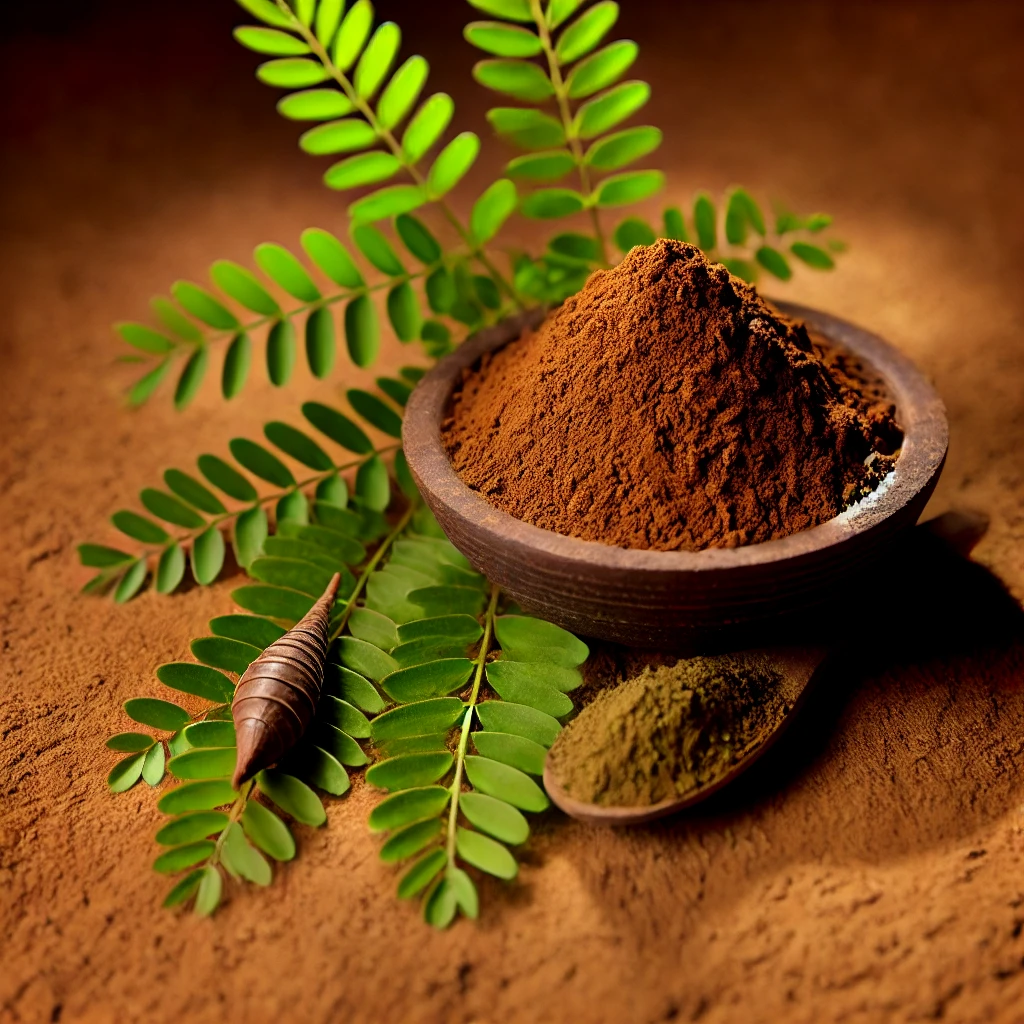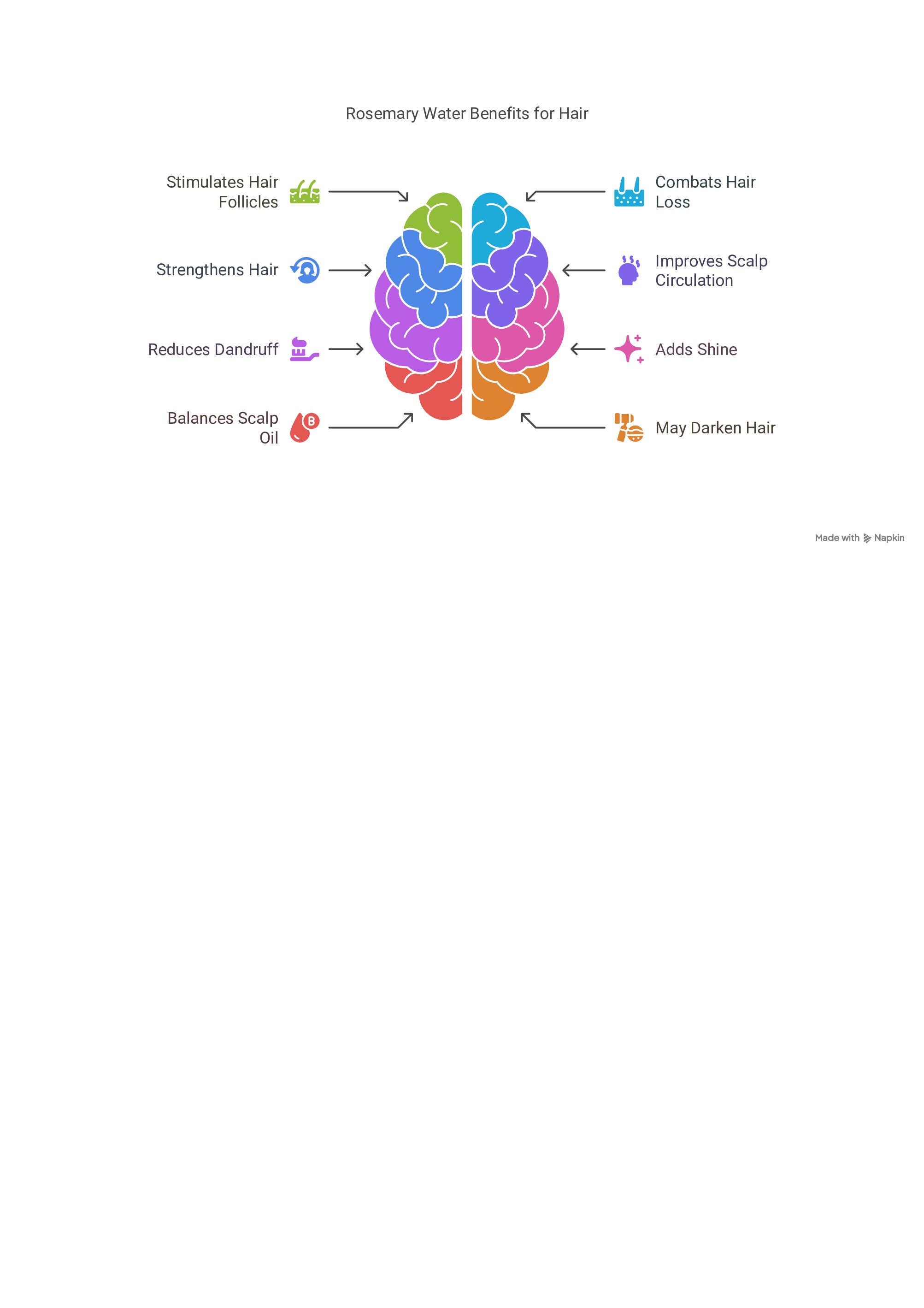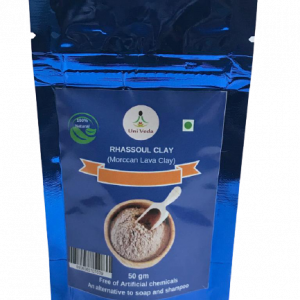OVERVIEW
What is Henna Powder?
Henna powder, derived from the leaves of the Lawsonia inermis plant, is a natural product widely known for its use as a hair dye and for body art. This plant, commonly referred to as the henna tree or mignonette tree, is native to North Africa, the Middle East, and South Asia. Henna powder has been used for centuries in various cultures for its natural coloring properties, medicinal benefits, and cosmetic uses.
How Henna Powder is Made
The process of making henna powder begins with harvesting the leaves from the henna plant. These leaves are then dried and finely ground into a powder. This powder is greenish-brown in color and contains the active compound lawsone, which is responsible for the dyeing properties of henna. When mixed with a liquid, such as water or lemon juice, henna powder releases lawsone, which binds to the keratin in hair and skin, producing a reddish-brown stain.
INGREDIENTS
Key Ingredients of Henna Powder
Henna powder is a natural product derived primarily from the leaves of the Lawsonia inermis plant. However, depending on the intended use and benefits, henna powder can also be mixed with various other natural ingredients. Below are the SEO-friendly descriptions of the main ingredients commonly found in henna powder:
- Lawsonia Inermis (Henna) Leaves:
- The core ingredient of henna powder, derived from the dried and ground leaves of the henna plant. These leaves contain lawsone, the active dyeing agent responsible for the reddish-brown color that henna imparts to hair and skin.
- Amla (Indian Gooseberry) Powder:
- Often added to henna powder for its conditioning properties, amla helps in strengthening hair roots, promoting hair growth, and enhancing the natural shine of the hair.
- Shikakai Powder:
- Known as a natural shampoo, shikakai is sometimes mixed with henna to cleanse the scalp and hair gently, helping to control dandruff and maintain scalp health.
- Brahmi Powder:
- Brahmi is an Ayurvedic herb known for its ability to nourish the scalp, reduce hair fall, and improve overall hair health. When added to henna, it enhances the conditioning effects.
- Bhringraj Powder:
- Bhringraj is another potent Ayurvedic herb known for its ability to combat hair loss and premature graying. It is often mixed with henna to boost hair growth and maintain natural hair color.
- Neem Powder:
- With its antimicrobial and antifungal properties, neem helps in treating scalp infections, reducing dandruff, and promoting a healthy scalp when combined with henna.
- Coffee or Tea Powder:
- To deepen the color of henna, coffee or tea powder is sometimes mixed into the paste. These ingredients help in achieving a richer, darker tint on hair.
- Indigo Powder:
- Indigo is often mixed with henna to achieve a deeper, more intense color. While henna imparts a reddish hue, indigo can provide a range of colors from brown to black when used with henna.
- Lemon Juice:
- Lemon juice is commonly added to henna paste to help release the dye more effectively. The acidity of the lemon juice ensures that the lawsone bonds strongly with hair or skin, providing a more vibrant color.
- Essential Oils:
- Oils like eucalyptus, tea tree, or lavender are sometimes added to henna paste to enhance the dye release and improve the fragrance. These oils also help in soothing the scalp and improving the overall experience of applying henna.
GUIDE
How to Use Henna Powder
Using henna powder is straightforward. For hair coloring, mix the powder with water, tea, or lemon juice to form a paste. Allow the paste to sit for several hours to release the dye, then apply it to the hair, covering it thoroughly. After leaving it on for a few hours, rinse out the paste to reveal naturally dyed, conditioned hair.
For skin application, the paste is applied using a cone or brush to create decorative patterns, which are left to dry and then removed, leaving a beautiful stain on the skin.
Recipe for Achieving Black Hair with Henna
Ingredients:
- Henna Powder (100g): Pure, natural henna derived from the Lawsonia inermis plant, known for its strong dyeing properties.
- Indigo Powder (100g): A natural dye derived from the indigo plant, essential for achieving a deep black color.
- Amla Powder (2 tablespoons): Enhances the color and conditions the hair, promoting a richer black shade.
- Lemon Juice (1-2 tablespoons): Helps in releasing the dye from henna and enhances the color.
- Eucalyptus Oil (a few drops): Enhances dye release and adds a pleasant fragrance.
- Water or Black Tea (as needed): Used to mix the henna paste. Black tea is preferred for a darker color.
- Coconut Oil or Olive Oil (optional): To prevent dryness, you can add a small amount to the paste or apply it to your hair before coloring.
Instructions:
- Prepare the Henna Paste:
- In a non-metallic bowl, mix the henna powder with enough water or black tea to form a thick, smooth paste.
- Add lemon juice, amla powder, and eucalyptus oil to the mixture.
- Cover the bowl with plastic wrap and let it sit overnight or for at least 6-8 hours. This allows the henna to release its dye fully.
- Prepare the Indigo Paste:
- After the henna paste has rested, mix the indigo powder with warm water to form a thick paste. Let it sit for about 15-20 minutes until it turns dark.
- Combine Henna and Indigo:
- For a deep black color, mix the indigo paste into the henna paste. You can adjust the proportions depending on the shade of black you want (more indigo for a darker black).
- Application:
- Section your hair and apply the paste generously from roots to tips, ensuring full coverage.
- Pile your hair on top of your head and cover it with a plastic shower cap.
- Leave the paste on your hair for 2-4 hours. The longer you leave it, the deeper the color will be.
- Rinse and Condition:
- Rinse your hair thoroughly with cool water until the water runs clear. Avoid shampooing immediately after rinsing to allow the color to set.
- Apply a deep conditioner to prevent dryness and lock in moisture.
- Aftercare:
- The color will deepen over the next 48 hours. For long-lasting results, avoid washing your hair with shampoo for at least 2-3 days after application.
Recipe for Brown Hair with Henna
Achieving a rich brown hair color naturally is possible with the right henna recipe. Henna, when combined with certain ingredients, can produce various shades of brown, from light chestnut to deep chocolate. Here’s a simple, effective recipe to dye your hair brown using henna.
Ingredients:
- 100 grams of Henna Powder: The base ingredient, known for its natural red dye, which when combined with other ingredients, can create beautiful brown tones.
- 50 grams of Indigo Powder: Indigo, when mixed with henna, tones down the red and helps achieve a brown color.
- 2 tablespoons of Amla Powder: Amla helps cool the red tones from henna and promotes a brown shade while conditioning the hair.
- 1 tablespoon of Coffee Powder: Coffee deepens the brown color, giving the hair a rich, warm hue.
- 1 tablespoon of Tea (optional): Brewed tea adds depth to the color and can enhance the overall brown tone.
- Lemon Juice or Apple Cider Vinegar: The acidity from lemon juice helps in dye release, ensuring a more vibrant color.
- 1 tablespoon of Coconut Oil or Olive Oil: These oils help in moisturizing and conditioning the hair, preventing it from drying out during the coloring process.
- Warm Water: To mix the ingredients into a smooth paste.
Instructions:
- Prepare the Henna Paste:
- In a bowl, mix the henna powder, amla powder, and coffee powder.
- Add warm water gradually to form a thick paste. Let the mixture sit for at least 4-6 hours or overnight for better dye release.
- Mix Indigo Separately:
- Just before applying, mix the indigo powder with warm water to create a smooth paste. Let it sit for 15-20 minutes.
- Combine the Pastes:
- After the indigo paste has developed, mix it with the prepared henna paste. Add a tablespoon of coconut or olive oil to the mixture for added moisture.
- Adjust the consistency with water if needed. The paste should be smooth and thick, similar to yogurt.
- Application:
- Apply the paste to clean, dry hair, section by section, ensuring even coverage.
- Once all the hair is covered, wrap it in plastic wrap or a shower cap to retain heat and moisture.
- Processing Time:
- Leave the mixture on for 2-4 hours, depending on the desired intensity of the brown color. For a darker brown, you can leave it longer.
- Rinsing:
- Rinse the paste out thoroughly with warm water. Avoid shampooing immediately to allow the color to settle. You can condition your hair lightly.
- Aftercare:
- For best results, avoid washing your hair with shampoo for at least 24-48 hours. The color may darken over the next few days.
Tips:
- Patch Test: Always do a patch test before applying henna to your entire head to check for any allergic reactions.
- Color Adjustment: If you want a lighter brown, reduce the amount of indigo. For a darker brown, increase the indigo or leave the paste on longer.
Benefits:
-
-
- Natural Color: Henna is a natural and chemical-free way to color your hair, reducing the risk of damage.
- Scalp Health: The ingredients in this recipe, such as amla and tea, help maintain a healthy scalp by balancing pH levels and reducing dandruff.
- Conditioning: This henna recipe not only colors your hair but also strengthens and conditions it, leaving it soft, shiny, and voluminous.






Reviews
There are no reviews yet.